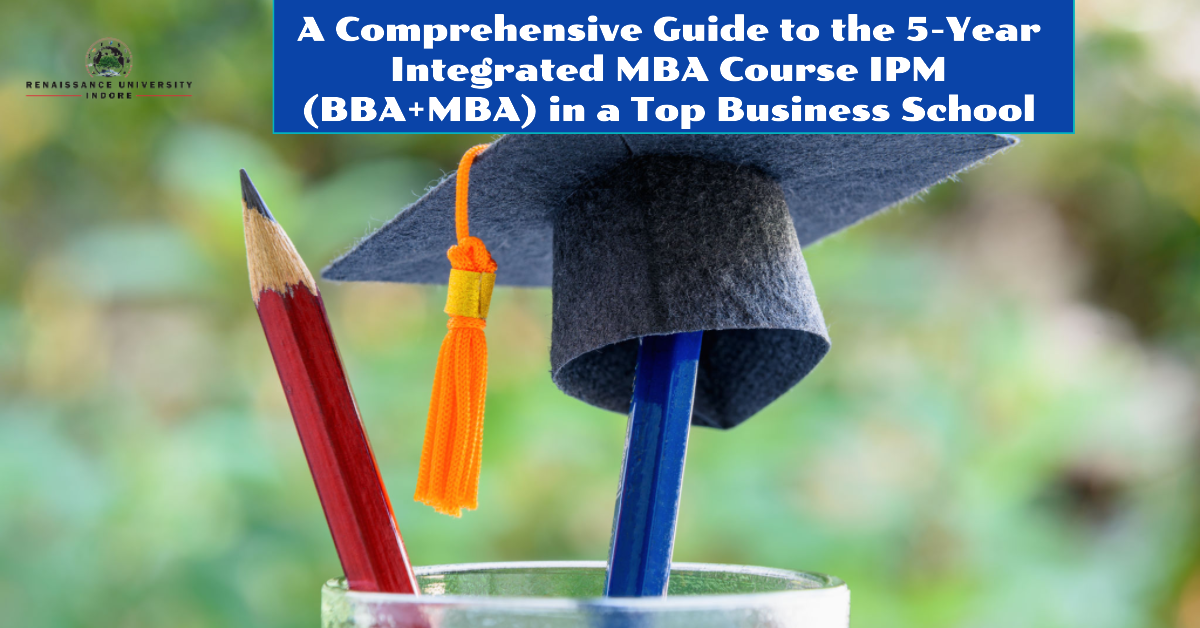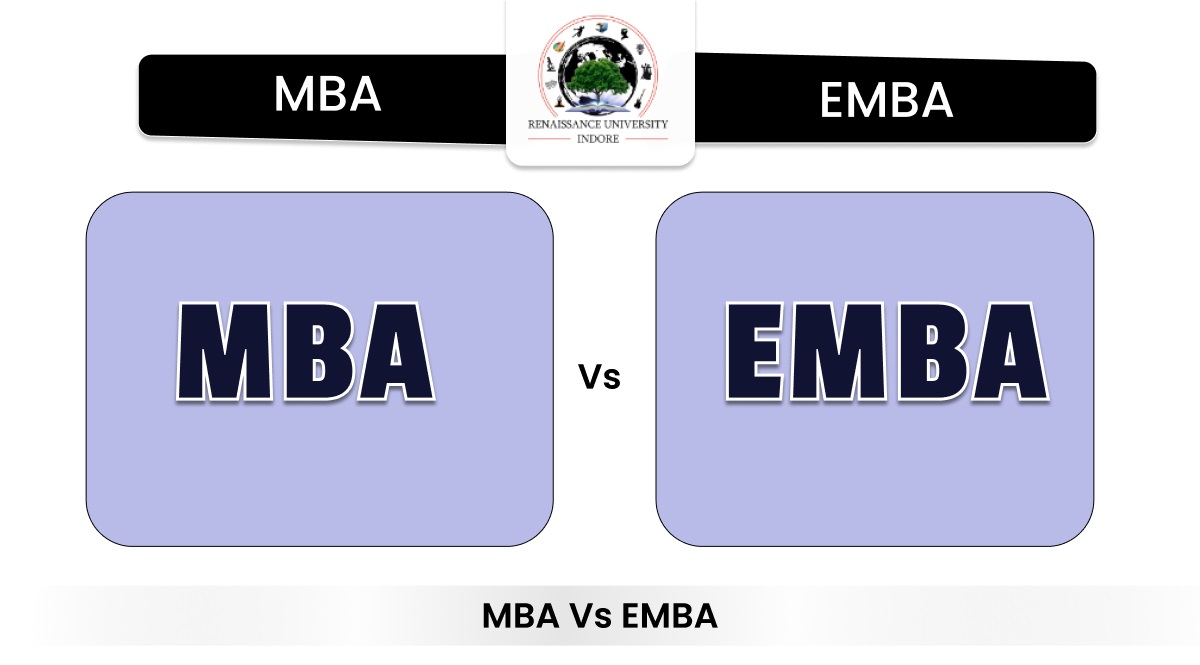What is MSc Biochemistry?
MSc Biochemistry, or Master of Science in Biochemistry, is a postgraduate program that delves into the intricate world of biochemical processes within living organisms. It focuses on understanding the molecular mechanisms that underlie various biological phenomena. As of 2023, the relevance of biochemistry has grown exponentially, and this program offers a gateway to many career opportunities in the fields of research, healthcare, and biotechnology.
The Relevance of MSc Biochemistry
In a world where science and technology are advancing rapidly, biochemistry plays a pivotal role. It provides insights into disease mechanisms, drug development, genetic engineering, and environmental sustainability. As we face global challenges such as pandemics, climate change, and healthcare advancements, biochemists are in high demand.
The Increasing Demand for Biochemists
The demand for skilled biochemists is on the rise. They are sought after in various industries, including pharmaceuticals, healthcare, biotechnology, and academia. Their expertise in understanding the intricacies of biological molecules and processes is indispensable for addressing the complex challenges of our time.
I. Admission Process for MSc in Biochemistry
The admission process for MSc Biochemistry in India typically involves several steps. Here’s an overview of the general process:
- Eligibility Criteria: Candidates must meet the eligibility requirements set by the respective universities or colleges. Usually, a bachelor’s degree in a related field such as Biochemistry, Biology, Chemistry, or a related science discipline is required. Specific universities may have additional prerequisites such as minimum marks or grades.
- Entrance Exams:
- Joint Admission Test for M.Sc. (JAM): Organized by the Indian Institutes of Technology (IITs), JAM is a national-level entrance exam used for admission to various postgraduate science programs, including Biochemistry.
- BHU-PET (Banaras Hindu University Postgraduate Entrance Test): BHU conducts this entrance exam for admission to various postgraduate courses, including MSc Biochemistry.
- AIIMS PG (All India Institute of Medical Sciences Postgraduate Entrance Exam): AIIMS conducts entrance exams for various postgraduate programs in medical sciences, including biochemistry-related courses.
- DUET (Delhi University Entrance Test): Delhi University conducts this entrance exam for admission to various postgraduate courses, including MSc Biochemistry.
- JNU CEEB (Jawaharlal Nehru University Combined Entrance Examination for Biotechnology Programs): JNU conducts this exam for admission to MSc and other biotechnology-related programs, which might include biochemistry.
- State-level Entrance Exams: Some states conduct their entrance exams for admission to state universities offering MSc programs, including Biochemistry.
It’s important to check the specific requirements and exams conducted by the universities or institutions where you plan to apply for MSc Biochemistry. The eligibility criteria, exam dates, syllabus, and application procedures may vary for each entrance exam.
- Application Process: Candidates need to apply to the universities or colleges offering MSc Biochemistry programs. This involves filling out application forms available on the respective institution’s website. Usually, along with the form, applicants need to submit required documents like academic transcripts, identification proof, and often, the results of the entrance exam.
- Merit-Based Selection or Entrance Exam Scores: Admission to MSc Biochemistry programs is typically based on a combination of merit (academic performance in qualifying exams) and performance in the entrance exam (if applicable). Some universities might conduct personal interviews or group discussions as part of their selection process.
- Counseling and Seat Allotment: After the selection process, counseling sessions might be conducted, especially in the case of larger universities, to guide students through the available options and to allot seats based on merit or entrance exam scores.
- Fee Payment and Confirmation: The fees for MSc Biochemistry programs in India can vary significantly based on several factors such as the university or college, whether it’s a government or private institution, the reputation of the institution, and the facilities provided. On average, the tuition fees for a two-year MSc Biochemistry program in India can range from approximately INR 30,000 to INR 2,00,000 per year for domestic students. However, fees for international students might be higher. Please note that these figures are approximate and can vary widely. It’s advisable to check with specific universities or colleges offering MSc Biochemistry programs in India for accurate and updated fee structures, as well as information regarding additional costs such as accommodation, laboratory fees, and other miscellaneous expenses. Once selected, students are required to pay the admission fees within the specified period to confirm their seats in the program.
- Commencement of Classes: After the confirmation of admission, the academic session usually begins as per the university’s academic calendar.
It’s important to note that the admission process might vary slightly from one university to another. Therefore, it’s recommended to thoroughly check the admission guidelines and procedures specified by the universities where you intend to apply for MSc Biochemistry. Additionally, staying updated with the official notifications and announcements made by the respective universities is crucial.
Syllabus and Course Structure
A. Core Subjects and Specialized Areas Covered in the MSc Program
The MSc in Biochemistry curriculum typically includes a blend of core subjects and specialized areas that delve deep into the molecular intricacies of life sciences. Core subjects often encompass bioanalytical techniques, molecular biology, protein structure, enzymology, genetics, and cellular metabolism. Specialized areas may involve advanced studies in areas like immunology, biotechnology, pharmacology, and bioinformatics. The curriculum is designed to provide a comprehensive understanding of the principles and practical applications of biochemistry.
Here’s an example of an MSc Biochemistry syllabus structured by semester:
| Semester | Subjects |
|---|---|
| Semester 1 | Biochemical Techniques & Instrumentation, Biomolecules & Metabolism, Cell Biology, Molecular Biology |
| Semester 2 | Enzymology, Biophysical Chemistry, Immunology, Research Methodology |
| Semester 3 | Clinical Biochemistry, Advanced Molecular Biology, Genetic Engineering, Bioinformatics |
| Semester 4 | Biotechnology, Industrial Biochemistry, Dissertation/Thesis, Elective Subjects |
Please note that the actual syllabus and subjects may vary between different universities or educational institutions offering the MSc Biochemistry program. The table provides a general overview of potential subjects that might be included in each semester.
B. Practical/Lab Work and Research Opportunities
Hands-on experience in laboratory settings and research opportunities are integral components of an MSc in Biochemistry. Practical sessions, experiments, and research projects allow students to apply theoretical knowledge, hone laboratory skills, and contribute to scientific discoveries. Many programs encourage or require students to undertake a research project or thesis under the guidance of faculty members, providing an opportunity to explore specific areas of interest within biochemistry.
C. Overview of the Academic Calendar and Semester Structure
The duration and structure of an MSc in Biochemistry program may vary among universities. Typically, the program spans one to two years, divided into semesters or quarters. Each semester may focus on specific subjects or themes, and students progress through coursework, practical sessions, and research activities. The academic calendar might include mid-term and final examinations, project submissions, and potentially internships or industry placements, depending on the program’s requirements.
This section sheds light on the key components of the curriculum, practical elements, and the overall structure of an MSc in Biochemistry program, providing insight into what students can expect in terms of subjects, laboratory work, and the overall academic timeline.
Top Colleges Offering MSc in Biochemistry
In Indore, several well-known colleges and institutions offer MSc Biochemistry programs. Some of the top colleges in Indore for MSc Biochemistry include:
- Devi Ahilya Vishwavidyalaya (DAVV): This renowned university in Indore offers MSc programs in various disciplines, including Biochemistry. The university is highly respected for its academic standards and research facilities.
- Renaissance University (RU Indore ): Renaissance University Indore provides MSc courses in Biochemistry, offering a conducive environment for learning and research.
- Prestige Institute of Management and Research (PIMR): PIMR also offers MSc programs, including Biochemistry. It’s known for its quality education and infrastructure.
- Shri Govindram Seksaria Institute of Technology and Science (SGSITS): SGSITS offers postgraduate programs in different science disciplines, including Biochemistry, and is recognized for its academic excellence.
- Holkar Science College: Affiliated with DAVV, this college offers MSc courses in various science subjects, including Biochemistry, and is known for its academic rigor.
Students interested in pursuing an MSc in Biochemistry in Indore should research these colleges further, considering factors like faculty expertise, research facilities, infrastructure, placement opportunities, and university rankings before making a decision.
Career Opportunities and Job Prospects After an MSc in Biochemistry After
After completing an MSc in Biochemistry, graduates have a wide range of job prospects and career options in various sectors. Some of the common career paths and job opportunities for MSc Biochemistry graduates include:
- Research Scientist: Working in research and development in pharmaceutical companies, biotechnology firms, or research institutions, focusing on areas such as drug development, genetic engineering, or medical research.
- Laboratory Technician: Conducting experiments, tests, and analyses in laboratories, research facilities, or healthcare settings. They may work in clinical, academic, or industrial laboratories.
- Quality Control and Assurance: Ensuring the quality and safety of products in industries such as pharmaceuticals, food and beverages, cosmetics, or healthcare by performing quality checks and adhering to regulatory standards.
- Biotechnologist: Engaging in the application of biological systems and living organisms to develop products and technologies. This could involve genetic engineering, agricultural biotechnology, or environmental conservation.
- Clinical Research Associate (CRA): Working on clinical trials, observing and monitoring studies to ensure compliance with protocols, and maintaining high standards of patient care in pharmaceutical or healthcare organizations.
- Academic and Scientific Writing: Opportunities exist in scientific journalism, technical writing, and academic publishing where individuals communicate complex scientific information to diverse audiences.
- Healthcare and Pharmaceuticals: Roles in sales, marketing, or regulatory affairs in pharmaceutical companies or healthcare organizations.
- Teaching and Academia: Pursuing further studies (Ph.D.) and entering academia as lecturers or researchers in universities or colleges.
- Government Jobs: Opportunities in government agencies, public health departments, and research organizations working on public policy, health regulations, and research initiatives.
- Entrepreneurship and Startups: Starting their ventures, such as biotech companies, diagnostic labs, or consultancy firms in the field of biochemistry and related areas.
Career progression and opportunities often depend on the individual’s skills, further education, and experience. Networking, staying updated with advancements in the field, and gaining practical experience through internships or research projects can significantly enhance job prospects in the field of biochemistry.
Conclusion
Embarking on the journey of pursuing an MSc in Biochemistry signifies an exciting path toward unraveling the mysteries of life at the molecular level. The comprehensive exploration into admissions, fees, syllabus, entrance exams, top colleges, and career opportunities provided in this guide illuminates the roadmap for aspiring students who are passionate about delving into the captivating world of biochemistry.
Through understanding the admission process, from eligibility criteria to application essentials, prospective students can equip themselves with the necessary tools to embark on this academic voyage. The insight into the financial aspects, including tuition fees, scholarships, and additional costs, ensures a holistic understanding of the investment and available support.
The breakdown of the syllabus and course structure offers a glimpse into the captivating array of subjects, laboratory experiences, and research opportunities that await students, providing a well-rounded education in the field.
Exploring the landscape of entrance exams equips aspirants with valuable preparation strategies, enabling them to confidently approach standardized tests and secure admission into the MSc program of their choice.
Highlighting the top colleges offering MSc programs in Biochemistry illuminates the distinguished institutions where students can cultivate their knowledge under the guidance of expert faculty and within a rich academic environment.
As one steps into this academic endeavor, the array of career opportunities post-graduation presents an inspiring horizon. Whether in research, pharmaceuticals, biotechnology, or academia, an MSc in Biochemistry opens doors to a world of diverse and rewarding career pathways.
In conclusion, the pursuit of an MSc in Biochemistry promises an enriching educational journey filled with exploration, discovery, and a profound understanding of the molecular complexities that shape life. This guide serves as a compass, offering valuable insights and guidance, steering aspiring minds toward a fulfilling and impactful career in the realm of biochemistry.
This conclusion aims to encapsulate the essence of the journey and the significance of pursuing an MSc in Biochemistry, summarizing the key points covered in the blog post and inspiring prospective students to leap into this fascinating field of study.
Frequently Asked Questions (FAQs)
Q: What are the typical eligibility requirements for admission to an MSc in Biochemistry program?
A: Eligibility criteria often include a Bachelor’s degree in a relevant field like Biochemistry, Biology, Chemistry, or a related discipline. Some universities may require a specific GPA, prerequisite coursework, and proficiency in certain subjects.
Q: Are there specific entrance exams required for admission to MSc in Biochemistry programs?
A: Yes, many institutions may require standardized tests such as the GRE (Graduate Record Examination) or subject-specific GRE tests. Some universities might conduct their entrance exams tailored to assess a candidate’s knowledge of biochemistry and related disciplines.
Q: What is the typical duration of an MSc in Biochemistry program?
A: The duration varies among institutions but generally spans from one to two years, typically comprising of semesters or quarters.
Q: Can I specialize in a particular area of biochemistry during my MSc program?
A: Yes, many programs offer specialized tracks or elective courses allowing students to focus on areas like molecular genetics, structural biology, biotechnology, pharmaceutical sciences, and more.
Q: What are the career prospects after completing an MSc in Biochemistry?
A: Graduates can pursue careers in research, pharmaceuticals, biotechnology, academia, healthcare, and various industries. Opportunities exist in research laboratories, pharmaceutical companies, government agencies, and academic institutions.
Q: Are there financial aid options available for MSc in Biochemistry programs?
A: Yes, many universities offer scholarships, grants, and fellowships based on academic merit, financial need, or specific criteria. Students are encouraged to research and apply for available financial aid options.
Q: How important is practical/lab work in an MSc in Biochemistry program?
A: Practical work, including laboratory experiments and research projects, is integral to the program, allowing students to apply theoretical knowledge and gain hands-on experience.
Q: Which are some of the top-ranked universities offering MSc programs in Biochemistry?
A: Renowned universities such as Harvard University, MIT, University of Oxford, ETH Zurich, and University of California, Berkeley are esteemed for their biochemistry programs.
Q: What is the approximate cost of pursuing an MSc in Biochemistry?
A: Tuition fees vary significantly among institutions and regions. Additionally, students should consider living expenses, materials, and additional costs. Scholarships and financial aid may also alleviate the financial burden.
Q: How can I best prepare for the entrance exams for MSc in Biochemistry?
A: Preparation involves familiarizing oneself with the exam patterns, utilizing study guides, taking practice tests, and seeking guidance from mentors or tutors to ensure readiness for the tests.












